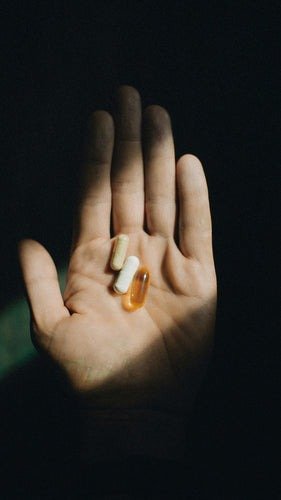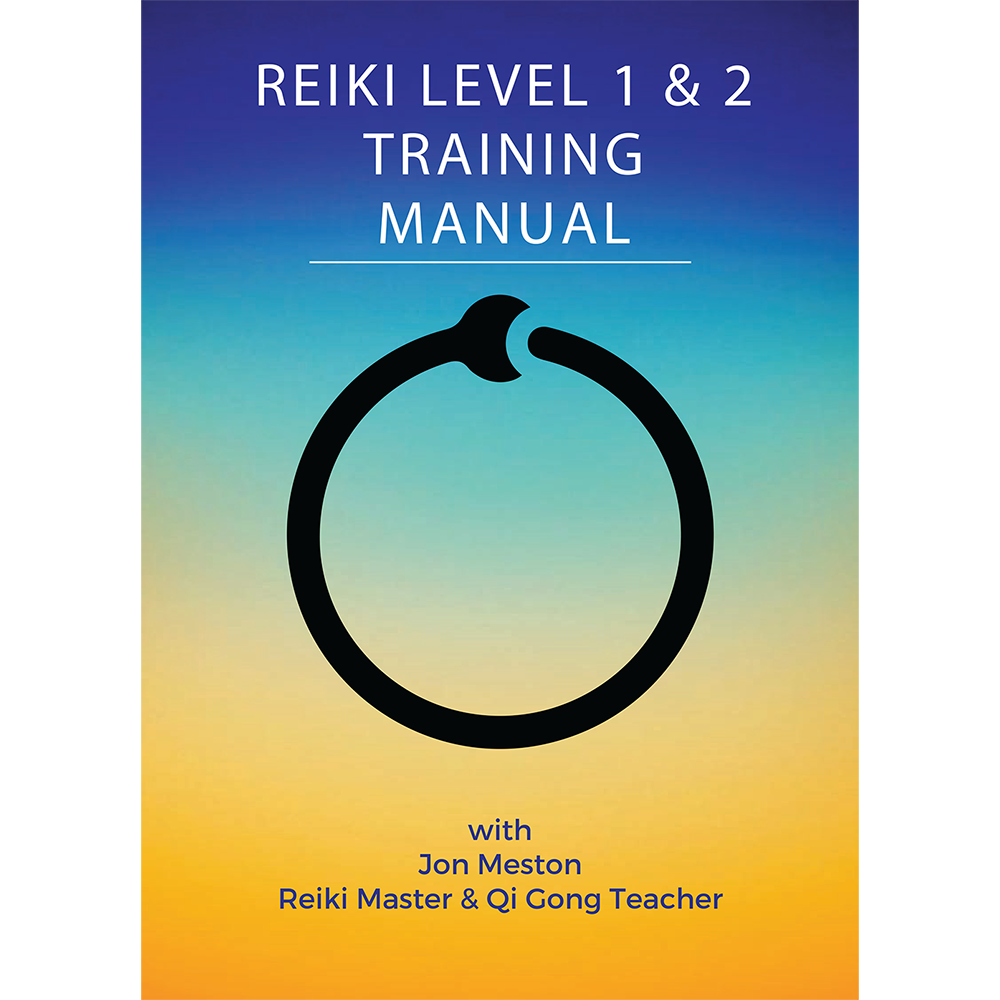Should Antibiotics and Probiotics be taken together?
People who have been prescribed a course of antibiotics can take probiotics while following their treatment depending on their doctor's advice.

People who have been prescribed a course of antibiotics can take probiotics while following their treatment depending on their doctor's advice. For the best effects, it is important that the antibiotic and probiotic are taken as far apart from each other as possible.
Antibiotics and probiotics – a great example of yin and yang. Both help us live a healthy, vital life. Many people first hear of probiotics in relation to antibiotics.
Your doctor might have prescribed you an antibiotic and with that encouraged you to take a probiotic. When completing a course of antibiotics, taking a high quality probiotic is essential to your gut health and overall wellbeing.
What are antibiotics?
Antibiotics are an amazing medical invention and resource. Antibiotics destroy the bad bacteria that make us sick. The tricky thing with antibiotics is that they don’t distinguish between bad bacteria and the good bacteria that live in your gut and affect your health in multiple ways.
Our gut microbiome is made up of billions of good bacteria that assist in many vital processes in the body, including digesting food and absorbing nutrients, detoxification, aiding the immune system and even cognitive function. Unfortunately, by doing their job, antibiotics also destroy much of the good bacteria in our gut, which our body needs to properly function.
It has been scientifically studied that within the first 48 hours of antibiotic treatment, the good bacteria in your gut microbiome diminish significantly, leaving room for harmful bacteria to flourish. This can lead to symptoms including antibiotic-associated diarrhea, bloating, stomachache and nausea.
Foods for Antibiotics Treatments
You can further support your gut microbiome and overall organism by eating foods that are rich in probiotics (fermented foods, yogurt, miso, kombucha) during and after a course of antibiotics.
While it’s certainly beneficial to eat foods rich in probiotics, it’s important to recognize that this cannot be compared to taking a high-quality, multispecies and multistrain probiotic.
Probiotic foods typically only include one or two bacterial species and strains. You’re not getting as deep and targeted benefits as you would with a medically relevant, multispecies and multistrain probiotic supplement like OMNi-BiOTiC®.
In addition, the probiotic bacteria in certain foods have to fight to survive the acidic environment in your stomach. Many probiotic bacteria in food are killed by your stomach acid before they can reach your intestines where they will be most effective.
OMNi-BiOTiC®, on the other hand, is manufactured in a powder form that must be dissolved in water to ensure that up to 90% of the probiotic bacteria survive the passage through the stomach to the intestines.
What's Your Reaction?


















